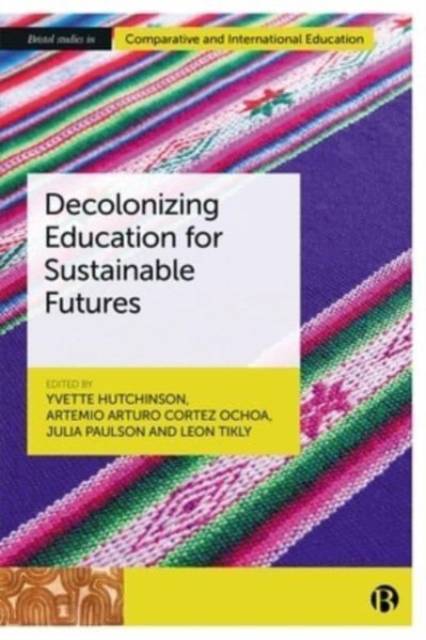
- Retrait gratuit dans votre magasin Club
- 7.000.000 titres dans notre catalogue
- Payer en toute sécurité
- Toujours un magasin près de chez vous
- Retrait gratuit dans votre magasin Club
- 7.000.0000 titres dans notre catalogue
- Payer en toute sécurité
- Toujours un magasin près de chez vous
Decolonizing Education for Sustainable Futures
Description
Bringing together the perspectives of researchers, policy makers, activists, educators and practitioners, this book critically interrogates the Western-centric assumptions underpinning education and development agendas and the colonial legacies of violence they often uphold.
The book considers the crucial connection between the idea of sustainable futures and the demand to decolonize education. Containing an innovative mixture of text, stories and poetry, it explores how decolonized futures can be conceived and enacted, offering theoretical and practical examples, including from practice in educational and cultural organizations. In doing so, the book highlights education's potential role in facilitating processes of reparative justice that can contribute to decolonized futures.
Spécifications
Parties prenantes
- Editeur:
Contenu
- Nombre de pages :
- 288
- Langue:
- Anglais
- Collection :
Caractéristiques
- EAN:
- 9781529226089
- Date de parution :
- 25-07-23
- Format:
- Livre relié
- Format numérique:
- Ongenaaid / garenloos gebonden
- Dimensions :
- 156 mm x 234 mm
- Poids :
- 580 g

Les avis
Nous publions uniquement les avis qui respectent les conditions requises. Consultez nos conditions pour les avis.





